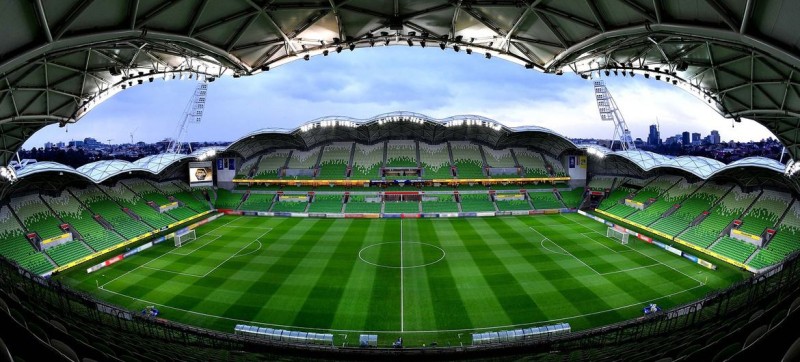FIFA The FIFA Women's World Cup 2023 is getting underway in Australia & New Zealand including at the Melbourne Rectangular Stadium.
The tournament is expected to be watched by more than two billion people – the largest audience for a single women’s sport in history – offering an opportunity to celebrate women’s achievements in all sports and advocate for gender equality more generally.
Women players continue to struggle with fewer professional opportunities, fewer brand sponsorships, less media coverage, unequal playing conditions and a large pay gap, compared to the men’s game.
When women players do succeed, they regularly face abuse both online and in person, underscored the UN gender equality agency.
Eyes on the prize
To address some of these challenges, FIFA has increased the prize money for the 2023 Women’s World Cup to $150 million, tripling the amount awarded in 2019.
FIFA and the UN have also launched their Football Unites the World campaign aiming to highlight major gender equality issues both on and off the field.
Under this umbrella, UN Women has partnered with FIFA on two calls to action that will feature prominently throughout the tournament. The first, Unite for Gender Equality, seeks to recognize gender equality as a fundamental human right and as critical for a peaceful and sustainable world. The second, Unite for Ending Violence against Women, serves as a call to end violence and abuse worldwide.
Unite for Gender Equality will be the featured message on the third day of competition while the call to action again violence will be front and centre during the semi-finals.
Tweet URL
The two calls to action will be promoted via the team captains’ armbands, pitch-side digital LED boards, and social media.
Five other UN agencies have also joined the campaign in addition to UN Women, including UNESCO, UNHCR, UN Human Rights Commission, the World Food Programme, and the World Health Organization.
‘Inspirational’ strength and skill
“The women competing in this World Cup are role models for every girl on this planet,” said UN Women Executive Director Sima Bahous.
“Their strength and skills are inspirational. At the same time, this tournament is a reminder that there are too many women and girls who are excluded from the world of sport, and that even for those who do participate, too often experience discriminatory treatment and, even in some cases, abuse”, added the UN gender equality champion.
“The Women’s World Cup shows us how much not only they but the whole world misses out on when we fail to afford women and girls the same opportunities as men and boys. Our partnership with FIFA, including on the global ‘Football Unites the World’ campaign, reflects a serious commitment and ambition to address that for everyone’s benefit.”
Donations towards these initiatives that will help UN Women in the fight for gender equality and the empowerment of women and girls in sport, can be made here.

2023 UN News User Survey
Thank you in advance for agreeing to participate in our survey so we can improve and tailor our products to your needs. The survey will take no more than 4 minutes to complete.




Comments are closed.